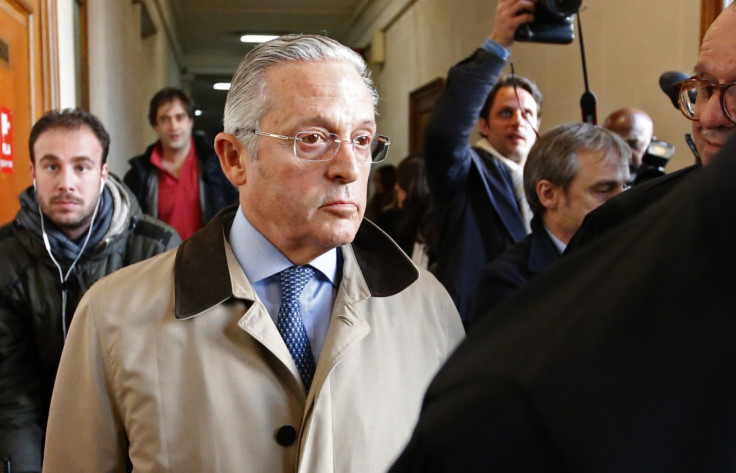Billionaire art dealer Guy Wildenstein faces up to 10 years in prison over $600m tax fraud

Guy Wildenstein, the head of an art-dealing dynasty went on trial in Paris on Monday 4 January, accused of hiding ownership of billions of euros in artwork, race horses, offshore trusts and real estate.
French tax authorities believe that Wildenstein and his entourage owe around €550 million (£405 million) for concealing artworks by Picasso, Courbet and Bonnard to avoid huge tax bills. They are accused of siphoning back offshore funds to Wildenstein by way of false loans. If found guilty of tax fraud and "aggravated" money laundering, the 70-year-old faces up to ten years in prison.
The trial has been dubbed "Dallas-upon-Seine" by some of the French media. The complex financial affairs of the art clan will be open to scrutiny as the family becomes the subject of one of the biggest tax fraud trials ever held in France.
Suspicions first came to light when Wildenstein's father Daniel passed away in 2001. According to tax inspectors, the heirs of the 84-year-old were busy transferring his assets abroad, even before the art dealer was dead. He was once described as "probably the richest and most powerful art dealer on earth" by Vanity Fair.
Officially, Daniel Wildenstein left about 30 masterpieces worth €41 million (£30 million). However, his wife who has since died, claimed that figure was "wildly underestimated" and more likely to be several billion euros, according to a Telegraph report.
Sylvia Wildenstein filed a criminal complaint and a French court ruled in 2005 that she was entitled to half of her late husband's fortune. The Court of Appeal in Paris ruled that Wildenstein had been deceived into signing away her inheritance by her stepsons, who claimed that she would otherwise face huge tax bills and a possible criminal investigation.
She and her legal team then set about finding the missing artworks. Among the paintings recovered were Caravaggio's The Lute Player, which had been lent to the Metropolitan Museum of Art in New York.
The Wildensteins deny all charges of tax fraud and money laundering and say they acted within the law at all times.
© Copyright IBTimes 2024. All rights reserved.









